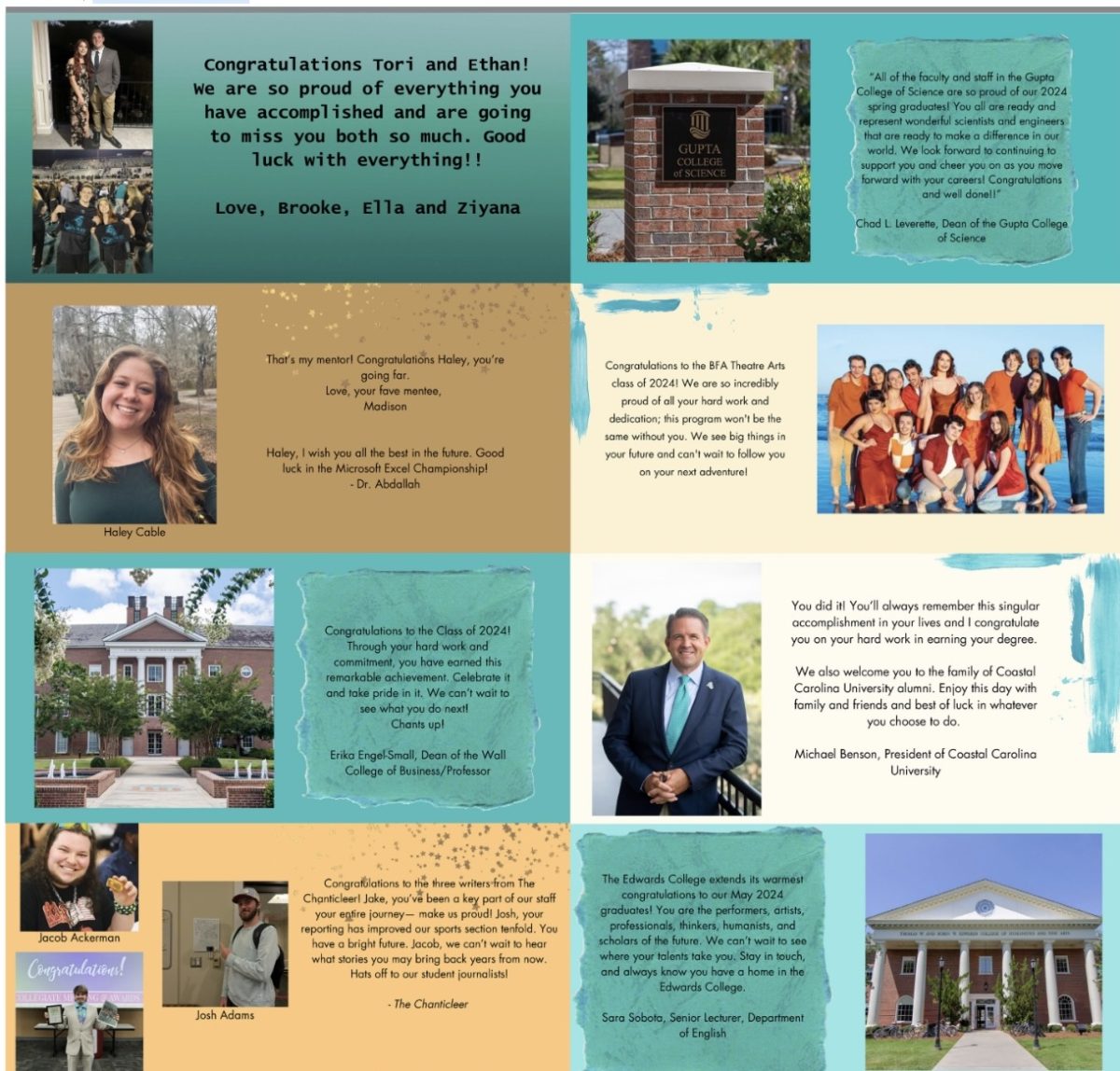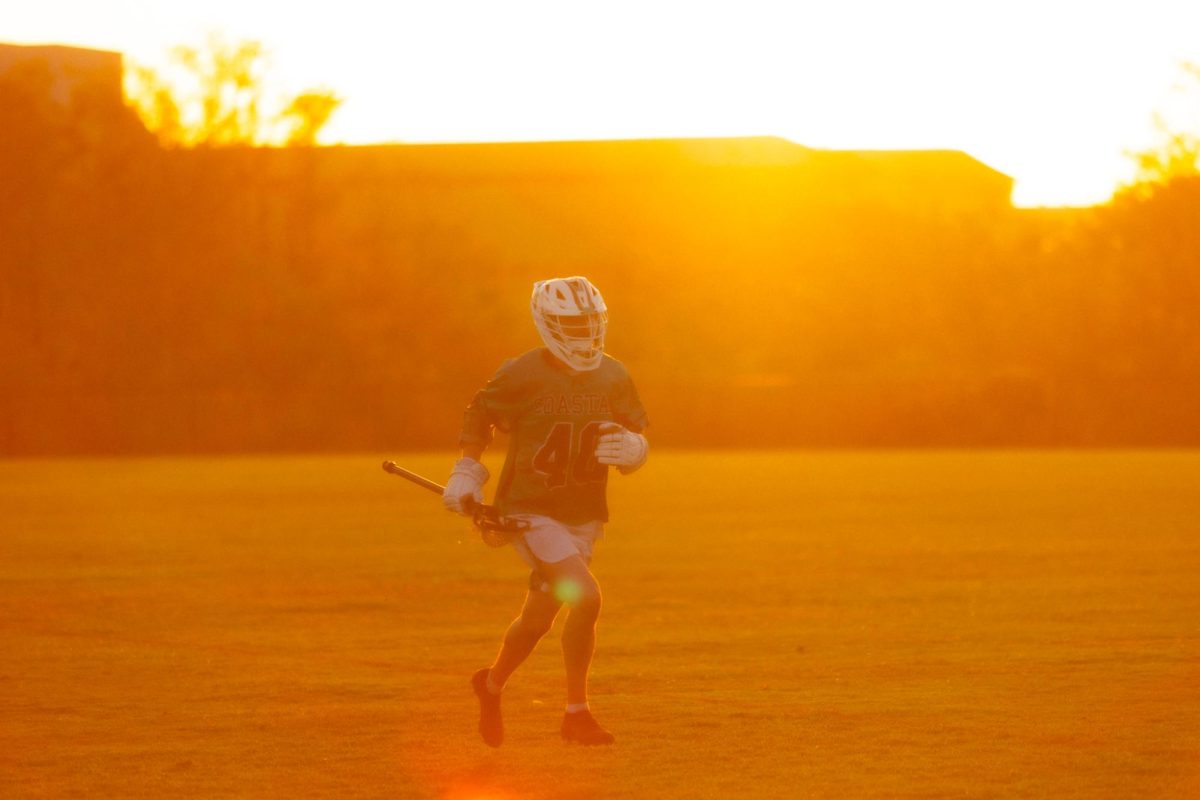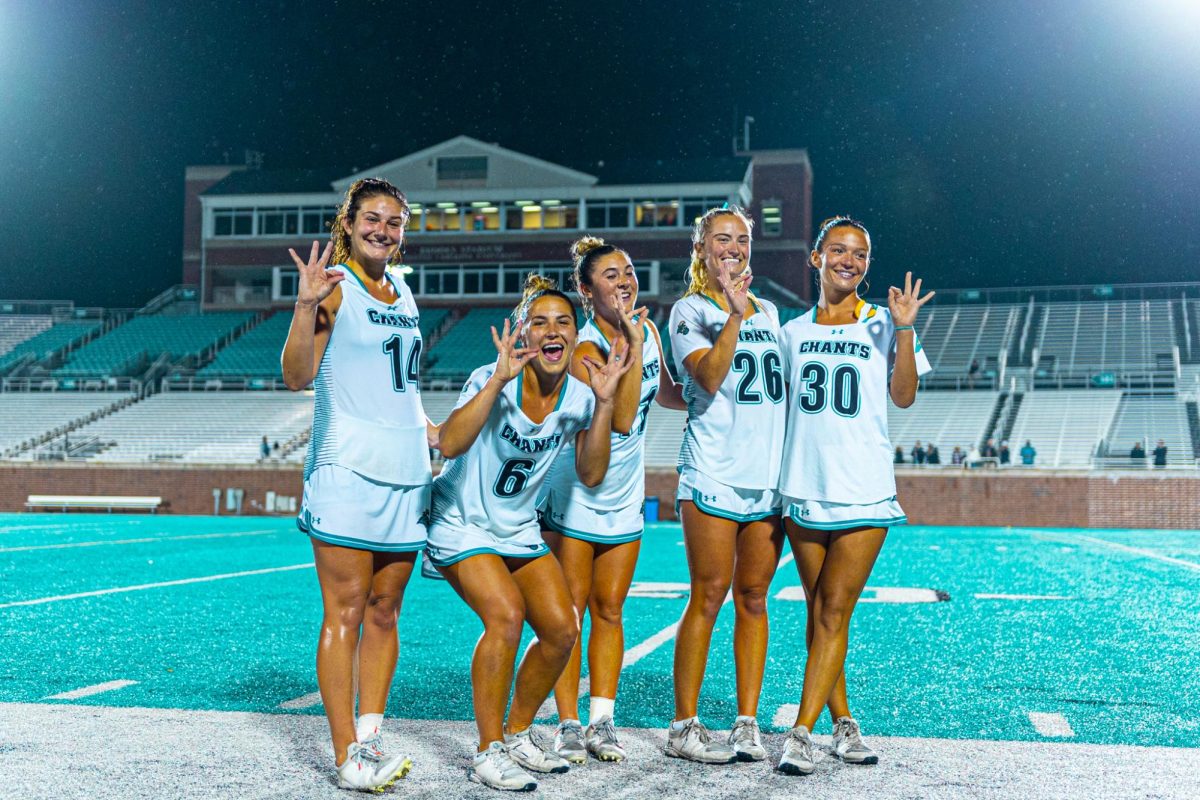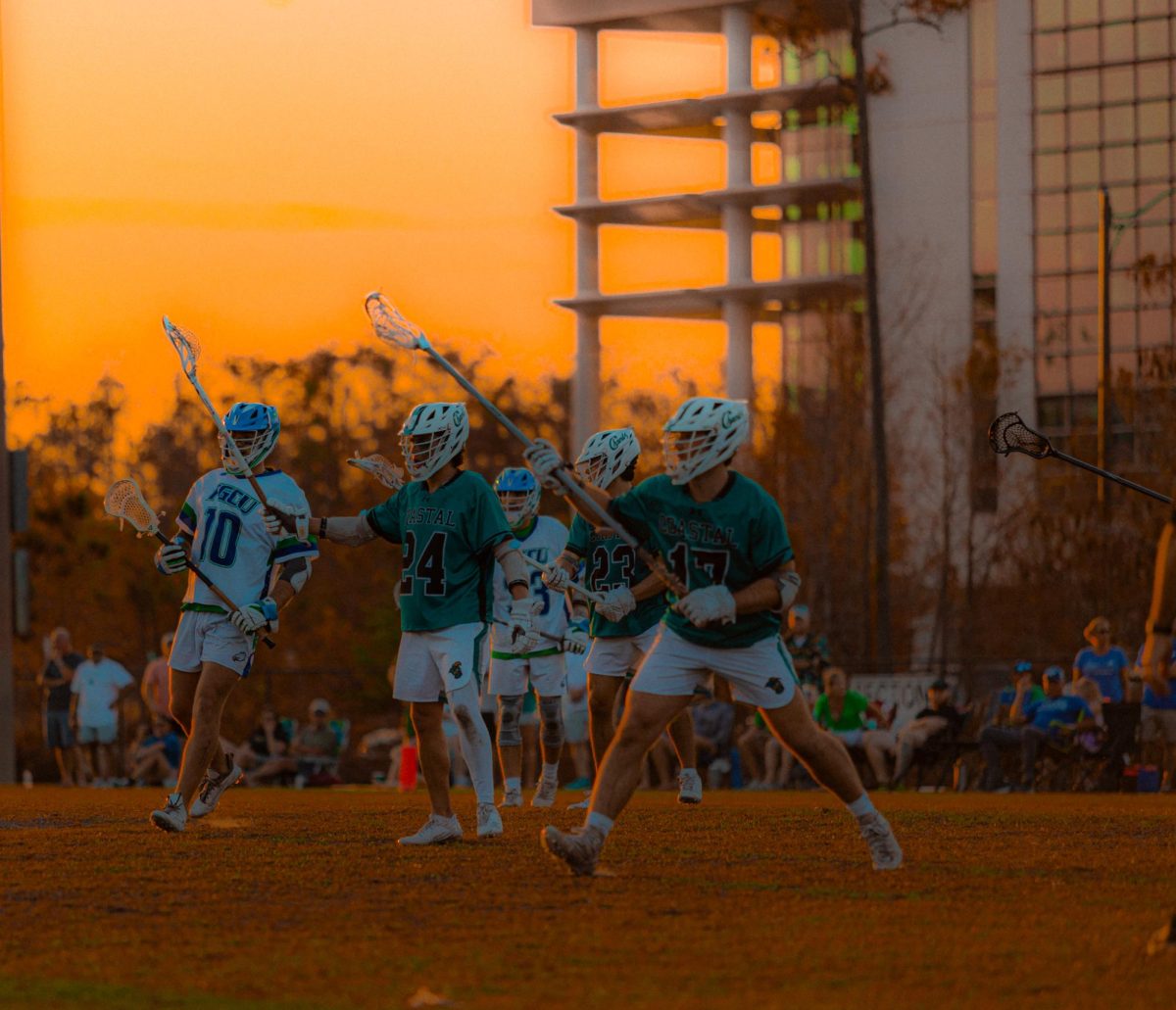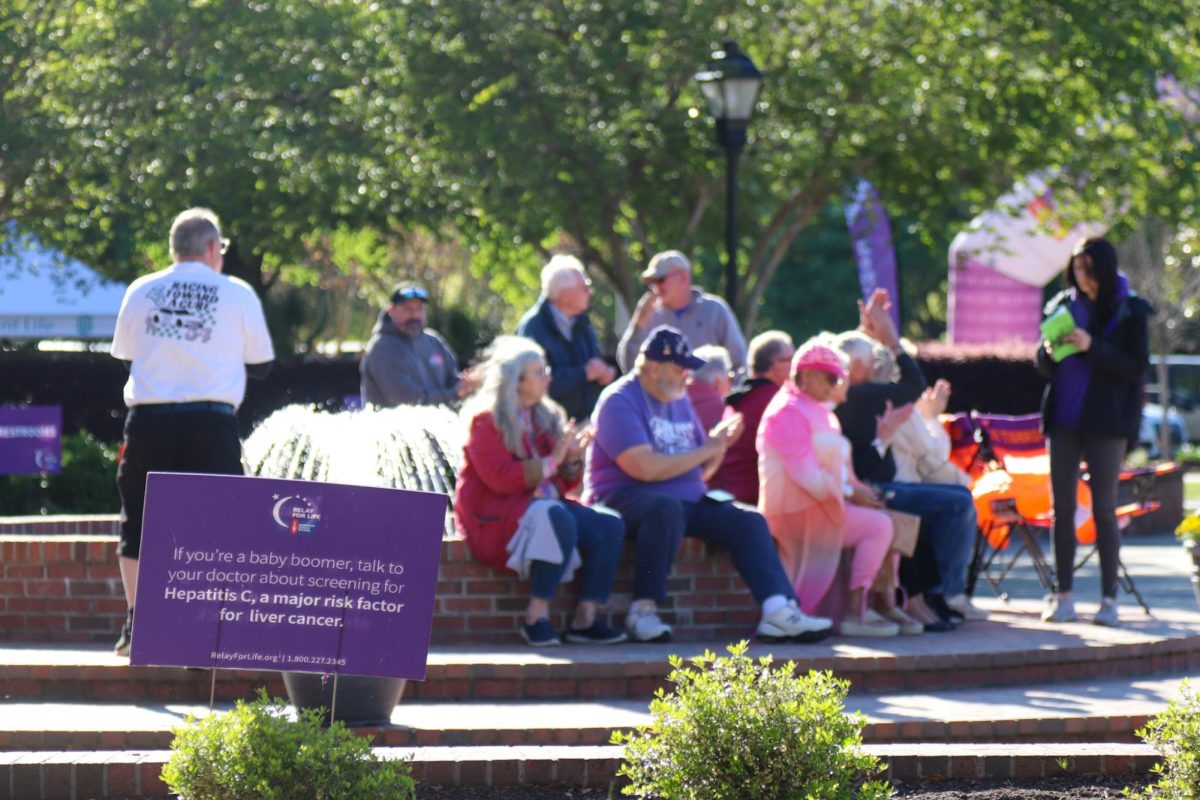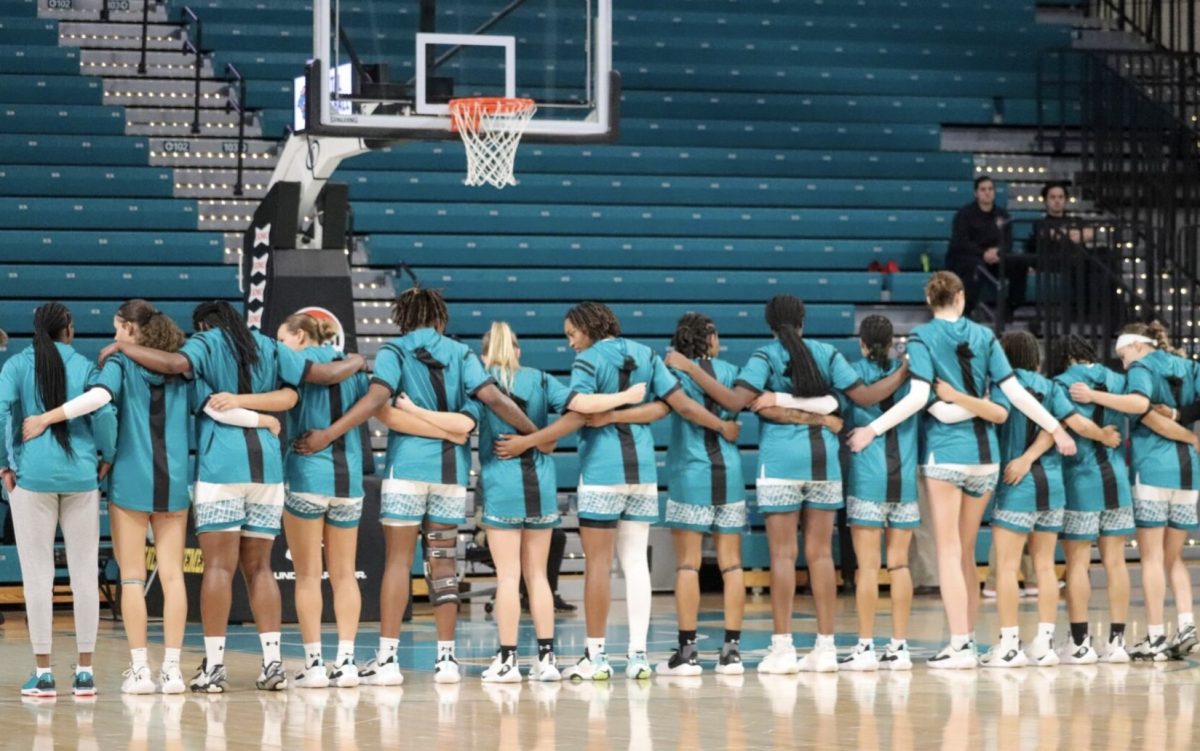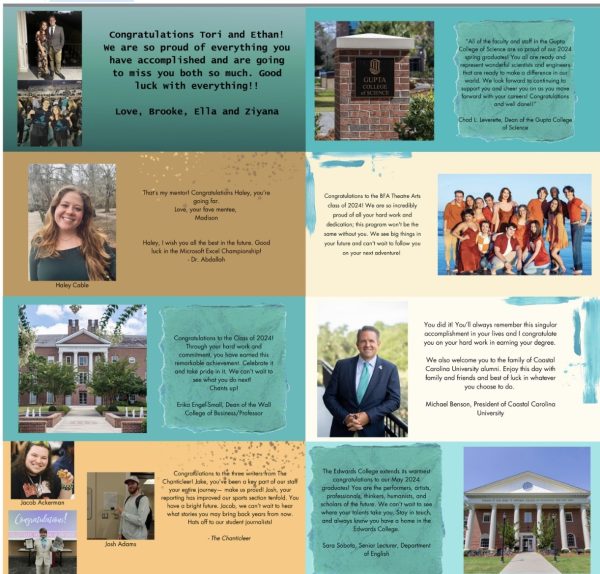Campus community responds to Florida bill
Politicians deny Advanced Placement African American Studies course
Florida Gov. Ron DeSantis and the state’s Education Department defended the rejection of an Advanced Placement African American Studies course over concerns about the course’s content on Jan. 23.
The Florida Department of Education denied the acceptance of the course in the state’s high schools in a letter on Jan. 12, which was released publicly a week later, to the Advanced Placement College Board. The department stated the course did not comply with Florida state laws.
According to Gov. DeSantis, the AP African American Studies course was indoctrinated and promoted a political agenda. However, the AP College Board said the course was developed and drew from the expertise and experience of college faculty and teachers across the country.
Coastal Carolina University Assistant Professor Tabitha Lowery said she feels disappointed in DeSantis’s decision.
“It’s disheartening to hear the type of criticism that is being thrown at frameworks and theories that have taken several centuries to come up with to be diminished by being called indoctrinate,” Lowery said. “When that is exactly the opposite of what it is and what it tries to do.”
Similarly, finance major Anthony Keith said he does not understand the logic behind the decision.
“I think that’s really crazy. If someone is available to teach it, why wouldn’t it be accepted,” Keith said.
The Florida Department of Education shared concerns about the type of materials that would be used in the course. Such as using texts from modern-day Black thought leaders and discussing the Black Lives Matter movement, Black feminism, and Black reparations, in addition to studying Black Queer theory.
The AP College Board piloted the AP African American Studies Course to 60 schools across the country, stating that it would teach a variety of fields from literature, the arts and humanities, political science, geography, and science to highlight the contributions and experiences of African Americans.
Including these types of modern-day literature goes against Florida’s state laws which banned the teaching of Critical Race Theory, the academic framework which focuses on systemic racism in the U.S. and how institutions maintain the dominance of white people.
“I feel like that is very important that we do use today’s thoughts and actions today because we don’t want to use former because we’ve progressed a little, but not much, and we do want our struggle to be represented.” Keith said.
Lowery said the course would benefit students and push the discussions about race the country needs to have.
“How can you think about ways that your voice matters in the fabric of our nation. All of these scholars and articles are conversations to help students get there, to help them think through that. Otherwise, you know, we continue to silence them,” she said.
